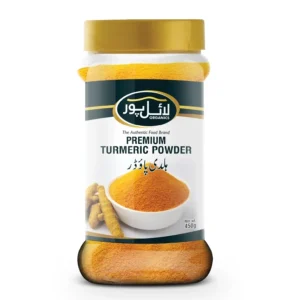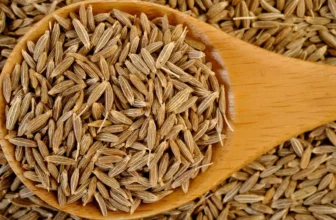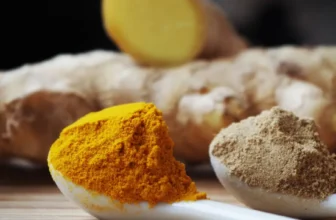Turmeric and Curcumin: Understanding the Difference
Turmeric and curcumin are often used interchangeably, yet they are distinct in their composition and benefits. This article will explore the nuances between these two, delving into health benefits of turmeric uses, and bioactive compounds. Understanding the differences between turmeric and curcumin can help you make more informed choices for your health and well-being.
Table of Contents
What is turmeric?
Turmeric, known scientifically as Curcuma longa, is a perennial herb in the ginger family. Its rhizomes (underground stems) are harvested, dried, and ground into the familiar yellow spice. Commonly referred to as Indian saffron or golden spice, turmeric has been used for centuries in cooking.
Historical Use and Cultural Significance
Turmeric has a long history of use in Ayurvedic and traditional Chinese medicine. Treatments include digestive issues, skin conditions, and insomnia. Indian culture reveres turmeric for its medicinal properties but also for its role in rituals and culinary traditions.
Health benefits of turmeric
Turmeric is celebrated for its anti-inflammatory, antioxidant, and antimicrobial properties. It supports joint health, enhance digestive function, and boost the immune response. Turmeric’s bioactive compounds, particularly curcuminoids, are responsible for these benefits.
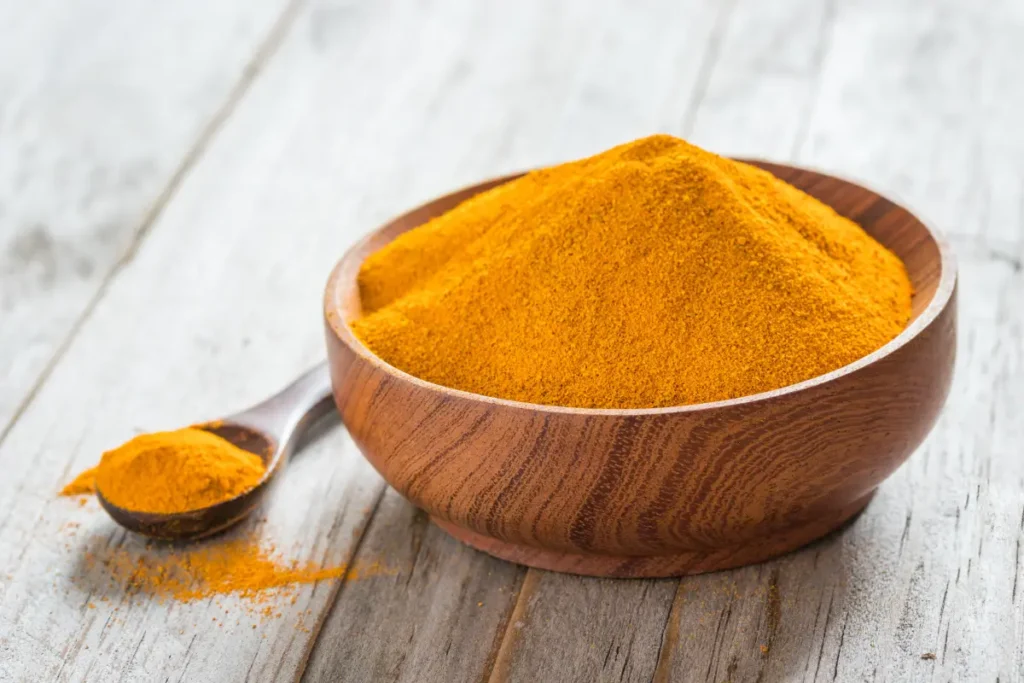
What is curcumin?
Curcumin is the primary active ingredient in turmeric, making up about 2-8% of most turmeric preparations. It is responsible for the vibrant yellow color and many therapeutic effects.
Chemical structure and properties
Curcumin belongs to a group of compounds known as curcuminoids, including demethoxycurcumin and bisdemethoxycurcumin. These compounds are known for their potent antioxidant and anti-inflammatory properties, which contribute to their health benefits.
Health Benefits of Curcumin
Research has shown that curcumin can modulate several molecular targets, providing a basis for its use in managing chronic inflammation, metabolic syndrome, arthritis, anxiety, and hyperlipidemia. Additionally, curcumin has potential anticancer properties, influencing tumor cell growth and preventing metastasis.

Turmeric and Curcumin: Key Differences
While turmeric and curcumin are closely related, understanding their differences is crucial for optimizing their health benefits.
Composition
Turmeric is a complex mixture of compounds, including curcuminoids, essential oils, proteins, and resins. Curcumin, on the other hand, is a specific compound within turmeric that is extracted and concentrated for its potent therapeutic properties.
Bioavailability
One significant difference between turmeric and curcumin is their bioavailability. When taken alone, curcumin is poorly absorbed into the bloodstream. However, when curcumin is ingested with piperine (found in black pepper), its absorption can increase by up to 2,000%. Various formulations, such as curcumin phytosome or liposomal curcumin, have been developed to enhance its bioavailability.
Health applications
Turmeric is commonly used as a spice and herbal remedy, offering broad health benefits due to its combination of bioactive compounds. Curcumin supplements, however, are specifically formulated to provide a concentrated dose of this powerful anti-inflammatory and antioxidant agent.
Uses of turmeric and curcumin
Turmeric and curcumin can be incorporated into your diet and wellness routine in various ways.
Culinary uses
Turmeric is a staple in many cuisines, particularly in South Asia. It flavors and colors dishes like curries, soups, and rice. Turmeric tea or golden milk is a popular way to consume turmeric for its health benefits.
Supplementation
Curcumin supplements are widely available and used to manage inflammatory conditions, support joint health, and enhance overall wellness. There are many different types of supplements, such as capsules, tablets, and powders.
Topical applications
Turmeric can be used in skincare routines to treat acne, eczema, and psoriasis. Curcumin creams and gels are also used for their anti-inflammatory properties to relieve muscle pain and joint inflammation.
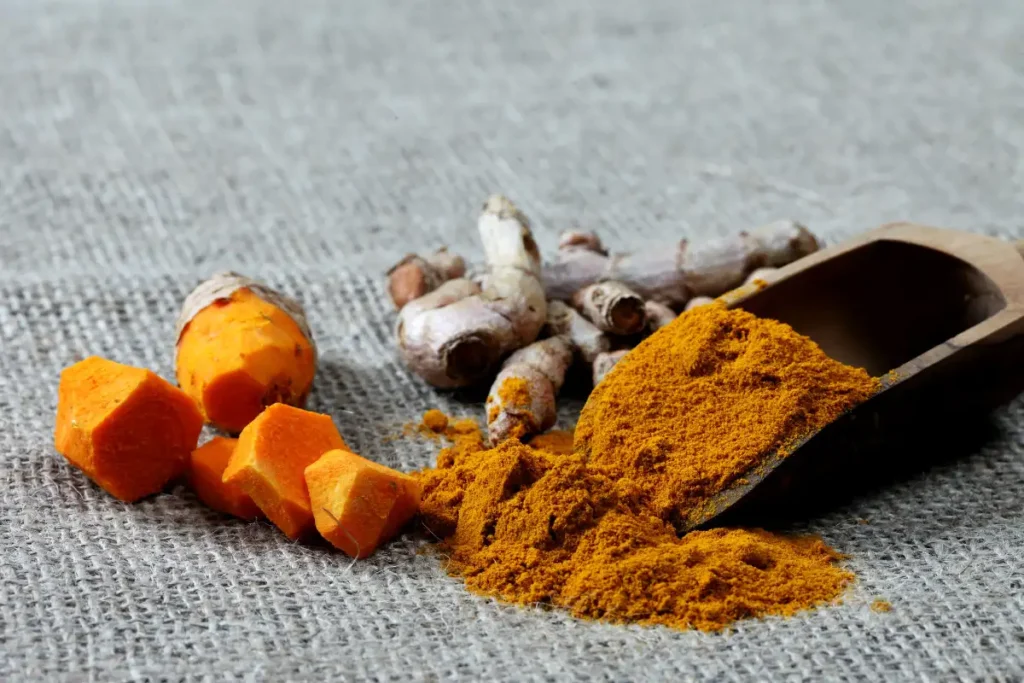
How to Choose Between Turmeric and Curcumin
Deciding whether to use turmeric or curcumin depends on your specific health needs and goals.
- General health and wellness: If you are looking to improve your overall health and incorporate a natural anti-inflammatory and antioxidant into your diet, turmeric is an excellent choice. It offers a wide range of benefits due to its various bioactive compounds.
- Targeted Therapeutic Effects: For specific health conditions that require a potent anti-inflammatory or antioxidant, curcumin supplements may be more appropriate. Conditions such as arthritis, inflammatory bowel disease, and metabolic syndrome can benefit significantly from curcumin’s concentrated effects.
- Safety and Side Effects: Turmeric and curcumin are generally safe for most people. However, high doses of curcumin can cause digestive issues, and it may interact with certain medications, such as blood thinners. It is always advisable to consult with a healthcare provider before starting a supplement regimen.
Related Post
The Role of Turmeric in Traditional Chinese Medicine
Conclusion
Understanding the differences between turmeric and curcumin can help you make informed decisions about how to incorporate these powerful substances into your health and wellness routine. Whether you choose the broad benefits of turmeric or the targeted effects of curcumin, both offer significant potential to improve your health.
By incorporating turmeric or turmeric powder and curcumin into your diet and lifestyle, you can take advantage of their anti-inflammatory, antioxidant, and overall health-boosting properties.
Other Top Selling Products by Lyallpur Organics
-
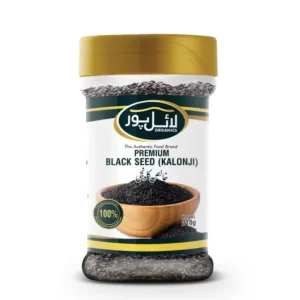 Premium Black Seed – Kalonji (Khalis Kalwanji) – 100% Natural & Pure | Nutrient-Rich & Flavorful | Best Price in Pakistan₨ 277.00 – ₨ 640.00Price range: ₨ 277.00 through ₨ 640.00
Premium Black Seed – Kalonji (Khalis Kalwanji) – 100% Natural & Pure | Nutrient-Rich & Flavorful | Best Price in Pakistan₨ 277.00 – ₨ 640.00Price range: ₨ 277.00 through ₨ 640.00 -
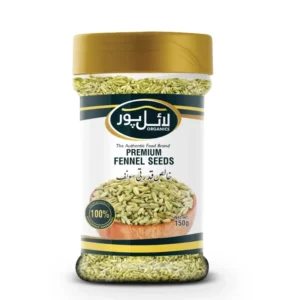 Premium Fennel Seeds (Saunf) – 100% Natural Organic & Pure | Rich in Flavor & Aroma | Best Price in Pakistan₨ 233.00 – ₨ 490.00Price range: ₨ 233.00 through ₨ 490.00
Premium Fennel Seeds (Saunf) – 100% Natural Organic & Pure | Rich in Flavor & Aroma | Best Price in Pakistan₨ 233.00 – ₨ 490.00Price range: ₨ 233.00 through ₨ 490.00 -
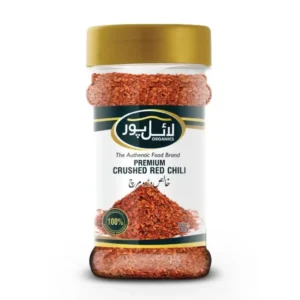 Premium Crushed Red Chili (Crushed Lal Mirch, Darra Mirch) – 100% Natural & Pure | Super Spicy Flavour & Vibrant Color | Best Price in Pakistan₨ 219.00 – ₨ 780.00Price range: ₨ 219.00 through ₨ 780.00★★★★★
Premium Crushed Red Chili (Crushed Lal Mirch, Darra Mirch) – 100% Natural & Pure | Super Spicy Flavour & Vibrant Color | Best Price in Pakistan₨ 219.00 – ₨ 780.00Price range: ₨ 219.00 through ₨ 780.00★★★★★ -
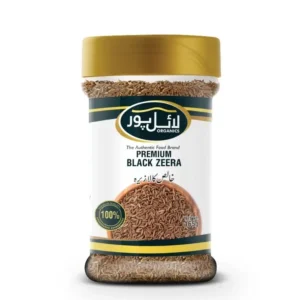 Premium Black Cumin (Kala Zeera) – 100% Natural Organic & Pure | Intense Flavour & Rich Aroma | Best Price in Pakistan₨ 373.00 – ₨ 860.00Price range: ₨ 373.00 through ₨ 860.00★★★★★
Premium Black Cumin (Kala Zeera) – 100% Natural Organic & Pure | Intense Flavour & Rich Aroma | Best Price in Pakistan₨ 373.00 – ₨ 860.00Price range: ₨ 373.00 through ₨ 860.00★★★★★ -
 Premium Kishmish (Raisin) Sundarkhani – 100% Natural Organic & Pure | Rich in Nutrients & Sweet Flavour | Best Price in Pakistan₨ 281.00 – ₨ 410.00Price range: ₨ 281.00 through ₨ 410.00
Premium Kishmish (Raisin) Sundarkhani – 100% Natural Organic & Pure | Rich in Nutrients & Sweet Flavour | Best Price in Pakistan₨ 281.00 – ₨ 410.00Price range: ₨ 281.00 through ₨ 410.00 -
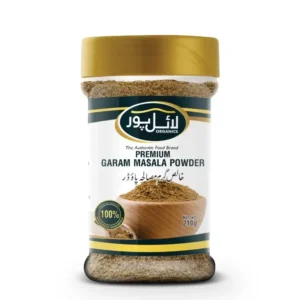 Premium Garam Masala Powder – 100% Natural & Pure | Perfect Spice Blend | Best Price in Pakistan₨ 447.00 – ₨ 1,106.00Price range: ₨ 447.00 through ₨ 1,106.00
Premium Garam Masala Powder – 100% Natural & Pure | Perfect Spice Blend | Best Price in Pakistan₨ 447.00 – ₨ 1,106.00Price range: ₨ 447.00 through ₨ 1,106.00

